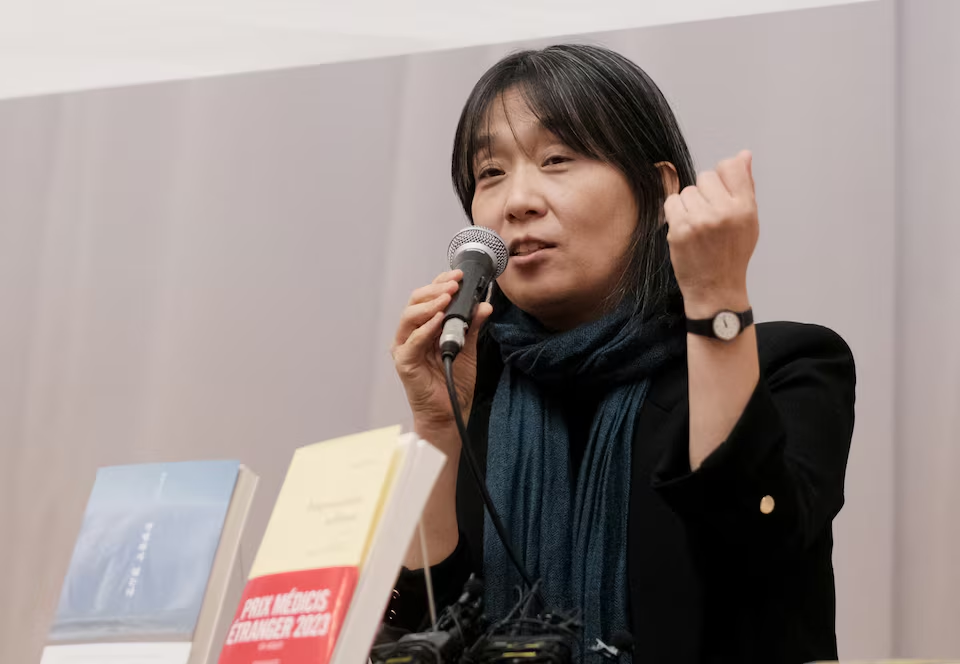Han Kang, the first South Korean recipient of the Nobel Prize in Literature, has gained international acclaim for her works, including The Vegetarian, which won the 2016 Man Booker International Prize. Although the novel was published in 2007, it took nearly a decade to capture global attention after its English translation. The novel’s journey, which began slowly, has since become a symbol of Han’s unique literary style, which blends poetic sensitivity with profound explorations of human nature.
Born in Gwangju, Han was deeply influenced by the traumatic events of the Gwangju Uprising in 1980, a massacre of unarmed civilians that she did not witness but later addressed in her novel Human Acts. The novel reflects her ongoing exploration of the complexities of violence and humanity’s capacity for both cruelty and compassion. Han has often said that the events of Gwangju are a significant part of her writing, as she seeks to grapple with the conundrum of human nature.
Despite her global success, Han was relatively underappreciated in her home country prior to the Nobel announcement, with The Vegetarian having sold fewer than a million copies in South Korea. However, following the Nobel win, interest in her works surged, with readers flocking to bookstores to discover her novels, poetry, and short stories. Her recognition is being seen as a potential turning point for Korean literature, which has often been overshadowed by the global popularity of K-pop and Korean television series.
Han’s family is steeped in literary tradition. Her father, Han Seung-won, is also a celebrated novelist, and her brother has followed in their footsteps as a writer. Han began her literary career in 1993 with a collection of poems and later moved into fiction, becoming a key figure in South Korea’s literary scene.
Her latest novel, We Do Not Part, published in Korean in 2021, delves into another historical tragedy: the Jeju Island massacre. The novel has already received recognition abroad, winning France’s Prix Medicis for foreign literature.
Despite her international success and numerous accolades, Han remains a private figure, rarely giving interviews or making public appearances. Following the Nobel announcement, she expressed gratitude to those who have supported her, while maintaining her characteristic humility and privacy.
READ MORE:
